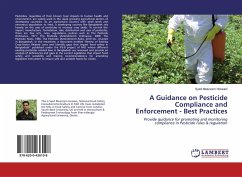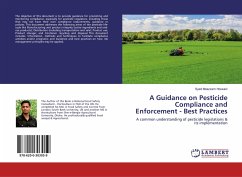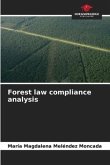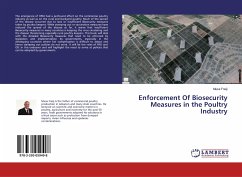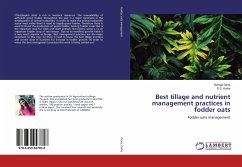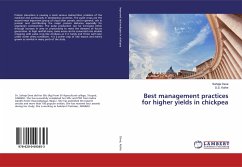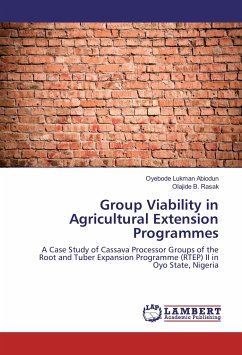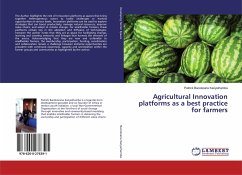Pesticides, regardless of their known toxic impacts to human health and environment, are widely used in the rapid growing agricultural sectors of developing countries. As an agricultural country with small lands and enormous population to feed, a developing country like Bangladesh rely heavily on the uses of pesticides to increase crop yields. To control the import, manufacture, formulation, sale, distribution and uses of pesticides, there are few acts, rules, regulations, policies such as The Pesticide Ordinance, 1971; The Pesticide (Amendment) Ordinance, 2009; The Pesticide Rules, 1985; The Pesticide (Amendment) Rules, 2010 etc. enacted in Bangladesh. In the meantime, a document entitled "Review of Existing Crop-Sector Related Laws and Identify gaps that impact food safety in Bangladesh" published under the IFS-B project of FAO where different existing pesticides related laws in Bangladesh are reviewed and provide an analysis of deficiencies and gaps in the current legislation that impact food safety and suitability and making recommendations for amending legislative instrument to ensure safe and suitable foods for citizen.
Bitte wählen Sie Ihr Anliegen aus.
Rechnungen
Retourenschein anfordern
Bestellstatus
Storno

